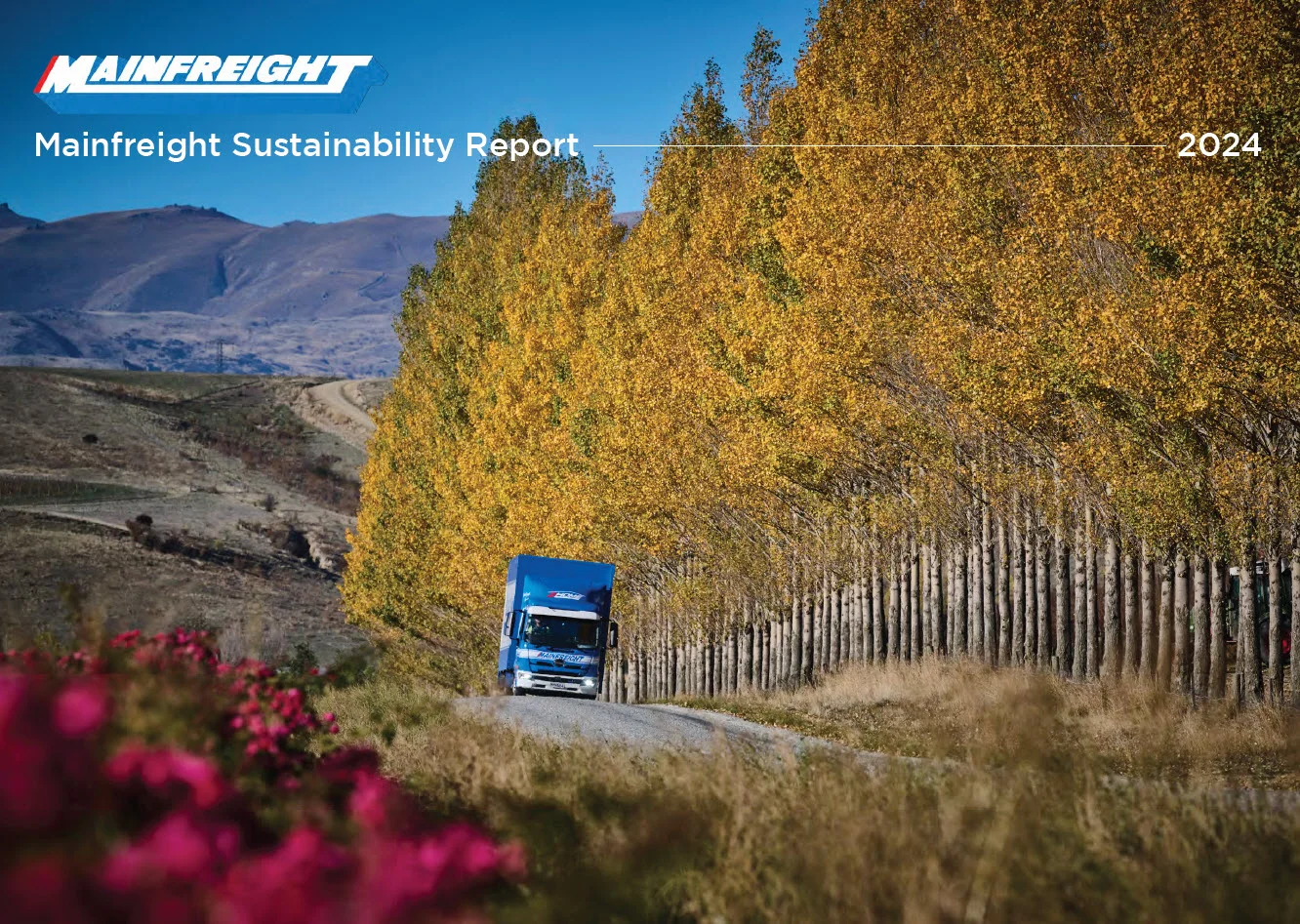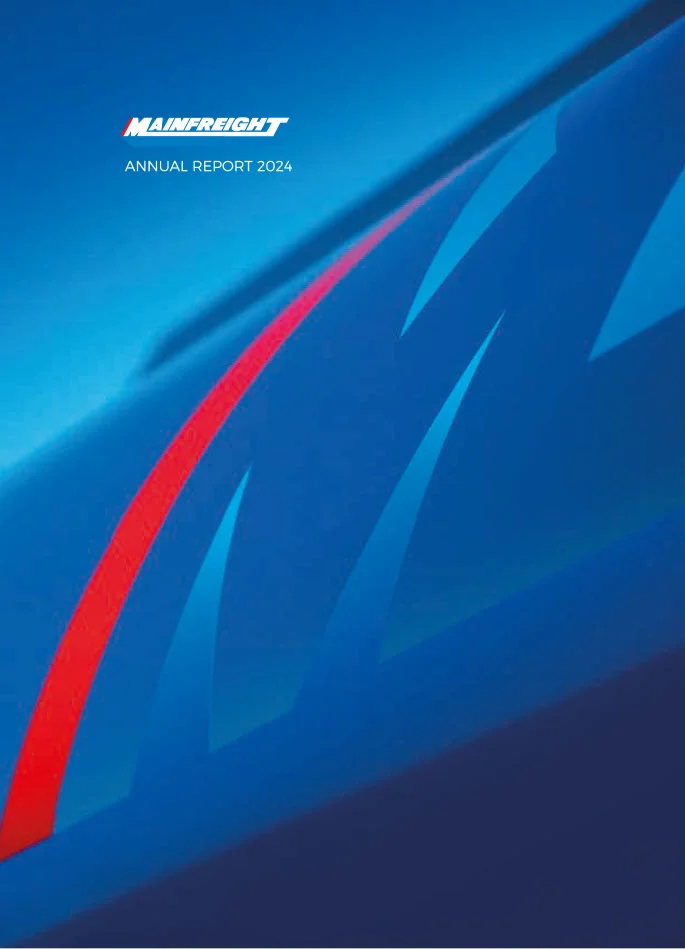Sustainability
Our Approach to Sustainability
Mainfreight’s 100-year vision, established in its earliest days, has been a guiding principle in our commitment to sustainability. All decisions are made on the basis that we will be here for another 100 years, and are aligned with the key concepts of sustainability; investing in our people and communities, reducing the environmental impact of our activities, supporting our customer, supplier and stakeholder relationships, and developing our growth strategies.
Our People
- Team Health and Wellness programs
- Ensuring living wages for entry level roles
- Team leadership development with our own Outward Bound and Main Divide programs
- Tertiary scholarships for family of Mainfreight team members
Our Community
- Major sponsor of Duffy Books in Homes
- Sponsor Life Education Trust
- Sponsor Mainfreight Bairds Primary School
- Volunteering and community days organised by our local teams across the country
Our Place
- Major solar installations on sites across New Zealand, Australia and Europe totalling over 5,500 kWp
- Modern fleet (all <10 years old) predominantly Euro 5 and 6 vehicles
- Major infrastructure investment in rail capacity with rail sided sites across our network.
- Rain water capture and storage at all major sites
- Grey water recycling at all major sites for truck wash, sprinkler systems etc
- Repurposing waste like pallets (into furniture or stowage aids)
- Waste exchange agreements to redirect waste from landfill for shrink-wrap and polystyrene
- Hungry bins, on site composting and branch gardens
- Small vehicle fleet (team cars) moving towards hybrid and electric along with onsite charging stations
- High proportion of electric forklifts and material handling equipment
- Progressing trials and explorations of electric truck opportunities across all regions
Our Economy
- Youth work skills training programme
- Increasing rail capability and capacity to reduce road congestion and heavy traffic
- Developing our own inland container port to reduce inner-city congestion at Port of Auckland
Some of our operational programs and initiatives around sustainability include:
- Preparing our Annual Report with Reference to the GRI Standards. You can download our report from our Reports Library
- Verifying our GHG Emissions Inventory to ISO 14064-1: 2018 by Toitu Envirocare. You can see our previous emissions reports in our Reports Library
- Mainfreight are a Smart Freight Centre Member. We support and follow their framework to measuring supply chain emissions
- We continue to develop our GHG emissions reporting tools for customers. We can provide an accurate inventory of their supply chain emissions, from local deliveries through to international shipments
- Mainfreight have our own domestic emission factors in New Zealand, peer reviewed by Toitu Envirocare

Mainfreight Sustainability Report 2024

Annual Report 2024
Mainfreight is pleased to provide our 2024 Annual Report for your interest
UN Sustainable Development Goals
The Sustainable Development Goals are the blueprint to achieve a better and more sustainable future for all

Our Greenhouse Gas Emissions

